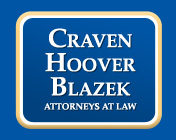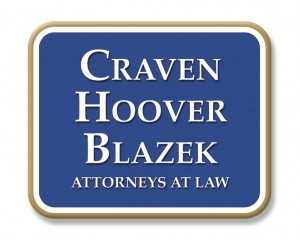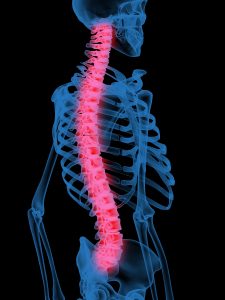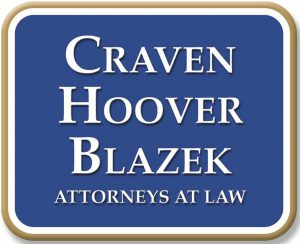There are two primary categories of law within our country’s legal system, civil law and criminal law. Within both categories, legal penalties can ensue for any guilty parties. To understand civil penalties and criminal penalties, it is best to first review what civil and criminal cases are defined as under law. Continue reading to learn about civil and criminal cases, their penalties, and their differences.

Personal Injury Law Firm 317-881-2700
Civil and Criminal Cases
Civil cases are cases in which a person, company, organization, or corporation files a legal complaint against another entity; that entity being any of the above mentioned as well. Civil cases generally deal with legal disputes between private parties, or negligent acts that resulted in injury or damages. The party filing the complaint in a civil court is called the plaintiff, while the party responding to the complaint is the defendant. This process is called litigation. In civil litigation, the plaintiffs ask the courts to “right” a wrong-doing by the defendant. This usually means paying some form of remuneration or compensation to the plaintiff party, or some other form of civil penalty.
Criminal cases deal with actual crimes committed by a defendant, rather than “civil wrong-doings.” These cases are filed by the government, often times the State, and are represented by a state prosecutor. Regular citizens cannot file a criminal lawsuit against a defendant; they instead, can only report the crime and leave the rest up to the ruling branch of government. A defendant will be found guilty or not guilty by the state, with a guilty ruling resulting in criminal penalties.
Civil and Criminal Penalties
Crimes are acts that prohibited and punishable by the government, and fall into two main categories depending on their seriousness: felonies and misdemeanors. Felonies are the more serious types of crimes, rendering jail time of one year or more, and misdemeanors are less serious crimes, rendering sentences less than a year. Examples of criminal cases include murder, assault, battery, armed robbery, theft, arson, embezzlement, and similar crimes against society that affect public safety.
Criminal penalties are those that penalize defendants for committing such crimes. Criminal penalties mostly include capital punishment (death penalty), jail time, incarceration, probation, legal fees, revocation of certain licenses, loss of certain rights, loss of citizenship, retribution, rehabilitation, and more.
Civil “wrong-doings” are acts that cause another person or entity harm, damage, or trouble. Examples of civil cases include personal injury lawsuits, fraud, negligence, breach of contract, harassment, and other similar wrong-doings. In contrast to criminal penalties, civil penalties generally involve monetary payment, or a court order to do something or not do something (i.e. a corrective action or restraining order). Also in contrast to criminal penalties, civil penalties are handed down by a judge, or settled out of court by opposing insurance adjusters.
Consult a licensed personal injury attorney right away if you believe you or a loved one is a recent victim of a civil wrong-doing or negligent accident. You may be entitled to compensation for your damages. Damages include but are not limited to: lost wages, pain and suffering, medical expenses, hospital bills, prolonged rehabilitation, and much more.







